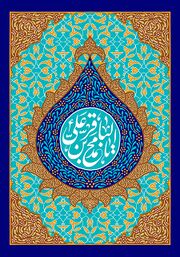Furthermore, al-‘Ijli’s teachings on the importance of communal harmony stand out as particularly prescient. He urges adherents to foster unity among the Muslim Ummah, regardless of denominational differences. The challenge, however, remains: can today’s followers, often entrenched in dogmatic divisions, heed his call for unity? This inquiry impels a deeper engagement with Shia teachings, as it requires a reassessment of long-held beliefs in light of al-‘Ijli’s exhortation.
At the heart of al-‘Ijli’s philosophy lies the doctrine of Imamat, or leadership, which posits that divine guidance continues through a succession of Imams. This belief not only shapes Shia identity but also fosters an understanding of authority that transcends mere political governance. Could it be argued that al-‘Ijli, through his affirmation of the Imamat, lays the groundwork for a more profound, spiritual leadership model? This raises provocative questions about the relationship between spiritual authority and ethical governance.
Moreover, al-‘Ijli is credited with a systematic approach to Hadith — the sayings and actions of the Prophet Muhammad. He meticulously evaluated narrations, championing rigorous standards for authenticity. His scholarship serves to remind contemporary Muslims of the critical importance of intellectual diligence. Are modern practices sufficiently discerning? This inquiry can serve as a springboard for examining the authenticity and credibility of contemporary theological discourses.
Tags
Share this on:
[addtoany]


